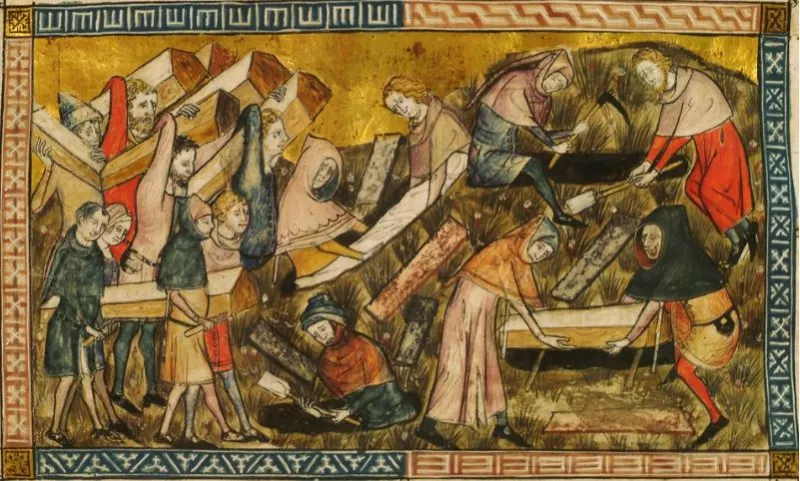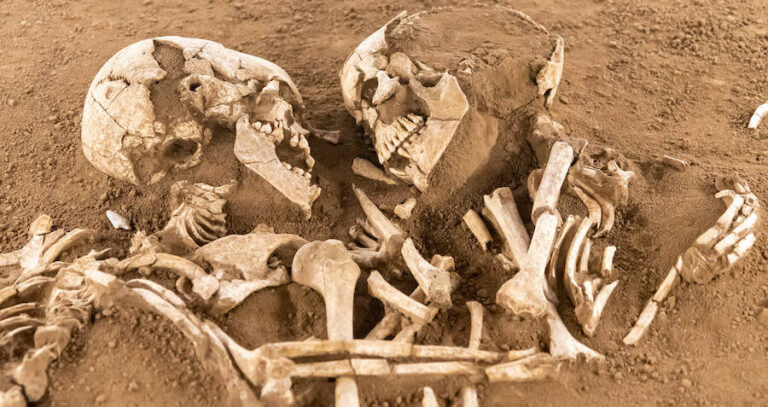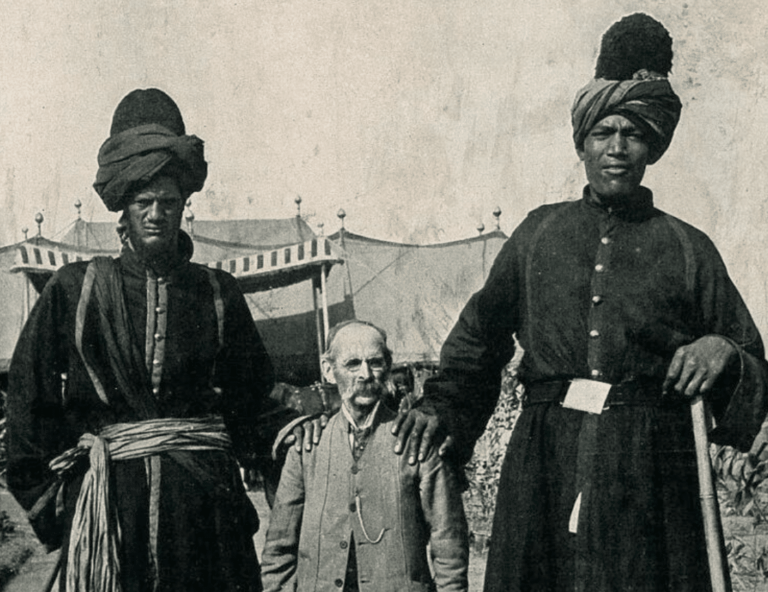Key Milestones of the 14th Century: Events That Shaped the World
The 14th century was a time of profound change that left an indelible mark on the world. From devastating pandemics to transformative wars, this period shaped much of modern history. Below, we delve into the most significant events, providing a detailed, insightful analysis of the century’s most impactful milestones.
The Black Death (1347–1351): The Deadliest Pandemic in History
Few events in human history had as catastrophic an impact as the Black Death. This devastating plague swept through Europe between 1347 and 1351, claiming the lives of an estimated 75–200 million people.
Impact on Population and Society
The Black Death decimated entire cities, leaving a profound mark on European demographics. Populations in towns and villages fell by up to 60%. This sudden reduction in the labor force shifted economic power, eventually leading to the collapse of the feudal system. Peasants, in particular, demanded better wages and living conditions, leading to social unrest.
“The Black Death was one of the most devastating pandemics in human history, and it not only destroyed populations but also transformed the structure of European society.” — Wikipedia: Black Death
Long-term Economic Shifts
As survivors emerged from the ashes, the economic landscape had shifted. Labor became more valuable, and serfdom began to decline. This change paved the way for capitalist economies and reshaped the European workforce.
The Hundred Years’ War (1337–1453): A Prolonged Struggle for Power
The Hundred Years’ War between England and France was not a single continuous conflict but a series of battles spanning over a century. It altered the political dynamics of both nations and had ripple effects throughout Europe.
Causes of the Conflict
At its core, the war was a dispute over the French crown, exacerbated by the long-standing tension between England and France. The claim of Edward III of England to the French throne, alongside feudal obligations and territorial disputes, fueled the fire.
Major Battles and Key Turning Points
- Battle of Crécy (1346): A decisive English victory that showcased the power of the longbow.
- Siege of Orléans (1428–1429): Marked the emergence of Joan of Arc, who played a pivotal role in turning the tide for the French.
The conflict reshaped national identities in both countries, with France emerging as a more unified nation and England retreating from continental ambitions.
The Great Famine (1315–1317): Europe’s Harsh Reality
Before the Black Death, Europe had already been devastated by the Great Famine of 1315–1317. This environmental catastrophe was caused by a combination of overpopulation, poor harvests, and climate changes known as the Little Ice Age.
Effects on Agriculture and Society
The failure of crops led to widespread starvation. Grain reserves were depleted, and livestock perished. In response, desperate people resorted to extreme measures, including cannibalism and infanticide.
“The Great Famine shattered the already fragile agrarian economy, setting the stage for further crises in the 14th century.” — Wikipedia: Great Famine of 1315–1317
The famine weakened the population, making Europe more vulnerable to future crises like the Black Death.
The Rise of the Ottoman Empire (1299–1453): The Fall of Byzantium
The rise of the Ottoman Empire began in the late 13th century but gained momentum throughout the 14th century. By the end of the century, the Ottomans had established themselves as a dominant power in the eastern Mediterranean.
Major Conquests
Under the leadership of Osman I and his successors, the Ottomans expanded rapidly, conquering Bursa and defeating the Byzantine Empire in several key battles.
“The Ottoman Empire’s rise altered the political and cultural landscape of both Europe and Asia.” — Wikipedia: Ottoman Empire
Fall of Constantinople
The empire’s conquest culminated in the eventual fall of Constantinople in 1453, signaling the end of the Byzantine Empire and the beginning of the Ottoman domination.
The Avignon Papacy (1309–1377): The Church in Exile
During the 14th century, the Catholic Church faced one of its greatest challenges: the Avignon Papacy. From 1309 to 1377, seven successive popes resided in Avignon, rather than Rome, creating tensions within the Church.
Causes of the Relocation
The papal move was influenced by the political pressures of Philip IV of France, who exerted considerable influence over the papacy. This period was seen by many as a corruption of the Church’s independence.
The Western Schism
The Avignon Papacy set the stage for the Western Schism (1378–1417), where multiple popes claimed legitimacy. This division weakened the authority of the papacy and shook the foundations of the Church.
Cultural Renaissance in the Late 14th Century
While the 14th century was marked by war, famine, and plague, it also laid the groundwork for a cultural renaissance that would blossom in the 15th century. Intellectual and artistic figures such as Petrarch and Dante Alighieri paved the way for the Renaissance.
Early Humanism
Petrarch, often called the “Father of Humanism,” emphasized the revival of classical literature and values, moving away from the medieval scholasticism that dominated the earlier centuries.
“Petrarch’s work in the 14th century revived interest in classical antiquity, marking the dawn of the Renaissance.” — Wikipedia: Petrarch
Technological and Scientific Innovations of the 14th Century
The 14th century was also a time of technological innovation. While much of the century was marked by hardship, it witnessed significant advancements that would shape the future.
Eyeglasses and Clocks
One of the most notable inventions was eyeglasses, which became widespread in Europe by the late 13th and early 14th centuries. This innovation revolutionized literacy and intellectual life.
The development of mechanical clocks also transformed how people measured time, enabling greater precision in daily life and work.
Main Historical Figures of the 14th Century
| Name | Role | Contribution |
|---|---|---|
| Petrarch | Humanist, Poet | Father of Humanism, laid foundations for Renaissance |
| Joan of Arc | French Military Leader | Led the French to victory in the Hundred Years’ War |
| Osman I | Founder of the Ottoman Empire | Expanded Ottoman territories, setting stage for empire’s dominance |
| Philip IV | King of France | Influenced the Avignon Papacy and reshaped European politics |
FAQ
What was the most significant event of the 14th century?
- The Black Death is often considered the most significant event due to its widespread impact on population and society.
How did the Hundred Years’ War affect Europe?
- The war changed the political landscape of both France and England and contributed to the rise of national identities.






